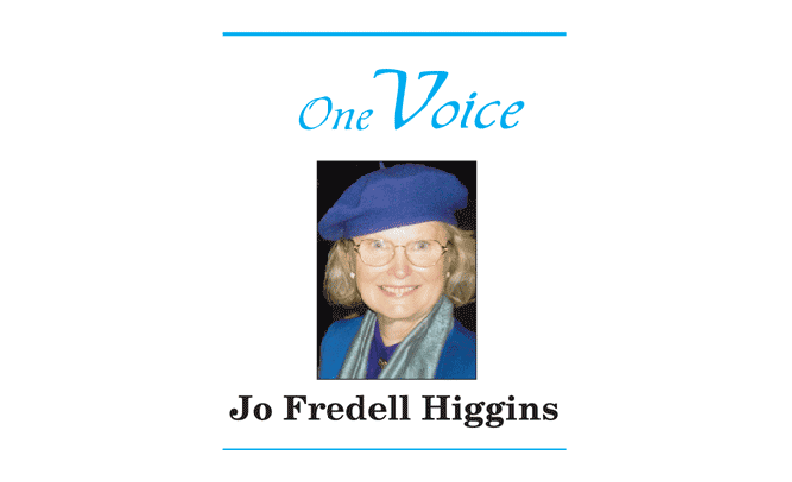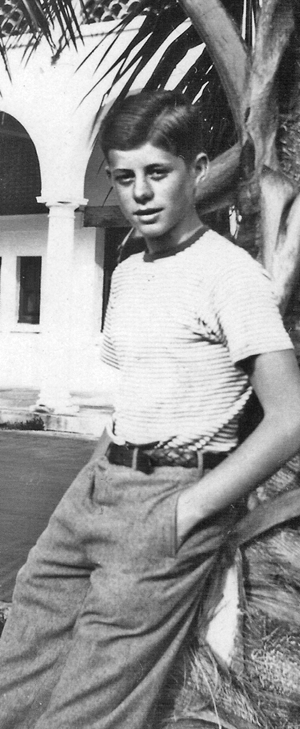
John Fitzgerald Kennedy.
The 35th president of the United States of America.
Assassinated in Dallas Texas November 22, 1963, 55 years ago.

John Kennedy was born to wealth and privilege, the son of Joseph and Rose Kennedy May 29, 1917. He was given every gift and favored by the gods. Incredibly handsome, intelligent, charismatic with the Irish wit and good humor. He was a sailor and swimmer, reader of poetry, fastidious dresser, a man of grace, charm, and zest. His youth was exhilarating. He was the pride of Western civilized man. He was a bright, racing, star. He courted excellence in all its forms.
Though 1,036 days of the New Frontier presidency showed the world his self-confidence and verve, an assassin’s bullet of Lee Harvey Oswald cut short the dream. “Ask not what your country can do for you, ask what you can do for your country” were his inaugural speech words and if only they could be followed this day.
In the West Wing of the White House, a staff member would ask “Seeing the Tiger?” And that set the tone for the entire administration. Secretaries first-named their bosses. African heads of states in helicopters came steadily to the South Lawn. Daughter Caroline used the lawn with her playmates to feed the ducks in the fountain. At night were the sparkling late dinner dances bringing a “cluttered brilliance” to Washington.
Kennedy was the president always, but one of us. During his triumphant tour of Paris with Jackie, he turned to the newsmen with a look that said “Well, buddies, we’re all in this together. And isn’t it grand?” Once during the nerve-shattering week of the Cuban missile crisis, a photographer waited, day in and day out to capture photos of Kennedy with other members of the “Excom” team, the small leadership group that weathered the ordeal with him. “Boy, I’ve really sweated it out this week,” the photographer said to Kennedy, “Just what do you think I’ve been doing?” came the reply.
Our youngest president had class, grace, presence, and aplomb under duress. He was curious about most everything and his mind could jump from one topic to another in swift succession. From his rocking chair in the Oval Office, he mused about the presidency and the problems of the first year. “For four years my life was far more exhausting than it is now. I had gone into seven primaries and it was a terrible physical grind.” He was already aware that the president of the United States could not solve all the world’s problems. When he was called “pragmatic”, he responded with “At least we do things that work.”
Blarneying with pompous congressmen bored the president. And yet he loved the off-beat palaver with foreign students, Peace Corps volunteers, writers, foreign heads of state, and artists. Once he exploded with “Hell, has that crybaby senator so-and-so been complaining?” It was not the job of the White House, he said acidly, to settle every local, factional, fight. Then abruptly, one of his conversational detours. What did the visitor know about the gold flow?
This man, this president of youth and vigor, bounded by Harvard Yard and Palm Beach, was a gift to the American people in his role as leader of the free world. He could talk to economic professionals as well as residents of a Boston fourth-floor walk-up flat. He knew the statistics about the difficulties of organizing nations at different levels of economic development.
Here was a man who was always looking, listening, reaching, reading. He won the Pulitzer Prize in 1955 for his book “Profiles in Courage.” At 12:30 p.m. November 22, 1963, that bright light was extinguished. History only can speculate of what might have been. His tenure as president was a brief one. In that brief time, he had brought courage, rationality, spaciousness and the fresh wind of youth to American life.

